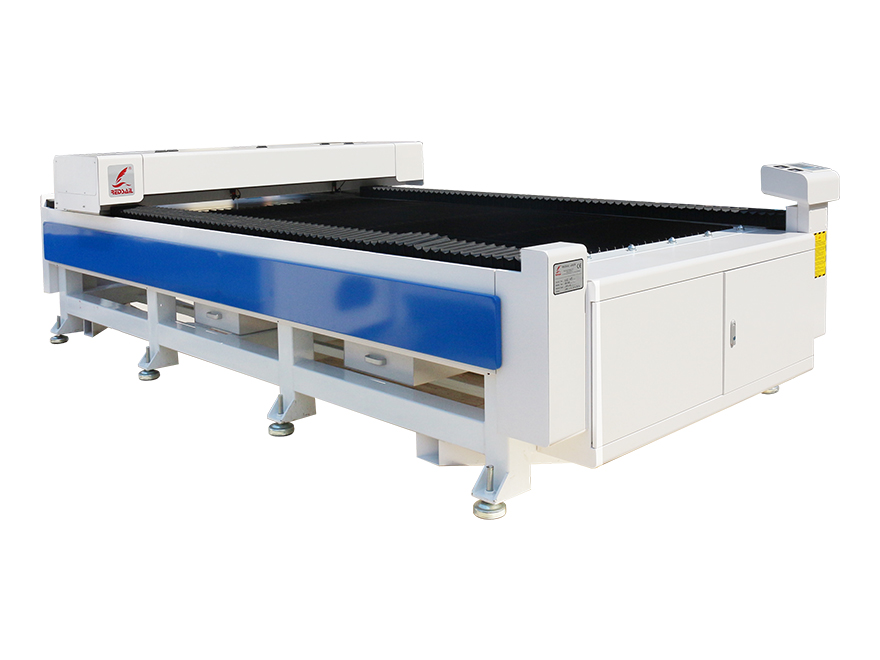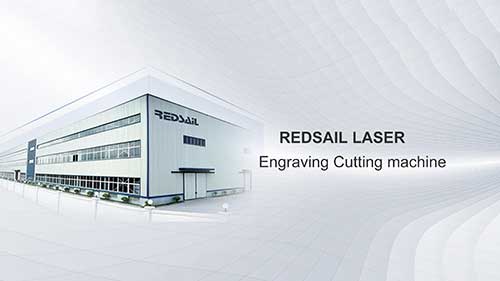Are Laser Cut Acrylic Gears the Future of Precision Mechanics?
Introduction
For decades, precision mechanics has relied on traditional methods of manufacturing gears, such as machining, molding, or additive manufacturing. Recently, however, laser cutting technology has emerged as a viable alternative for producing gears, particularly those made from acrylic. This article examines the potential of laser cut acrylic gears to revolutionize the field of precision mechanics.
Advantages of Laser Cut Acrylic Gears
While traditional methods have proven effective in gear manufacturing, laser cutting offers several unique advantages:
- Precision: Laser cutting provides exceptional accuracy, enabling designers to achieve tight tolerances and intricate gear geometries.
- Speed: Compared to traditional methods, laser cutting is relatively fast and efficient, reducing production time and costs.
- Versatility: Acrylic, a commonly used material for gears, is well-suited for laser cutting. It can be easily manipulated into complex shapes without compromising its mechanical properties.
- Cost-effectiveness: Laser cutting eliminates the need for expensive tooling, mold creation, or specialized machinery, making it a cost-effective option for low-volume production runs.
- Scalability: Laser cutting can be easily scaled for mass production, making it suitable for large quantities of gears with consistent quality.
Applications of Laser Cut Acrylic Gears
Laser cut acrylic gears have a wide range of applications:
- Robotics: Acrylic gears can be used in robotic systems where precision motion control is crucial.
- Automotive Industry: Laser cut acrylic gears can be applied in automotive mechanisms, including windshield wipers, power windows, and even transmission systems.
- Medical Devices: The precision and biocompatibility of acrylic make it ideal for use in medical applications, such as surgical robots, prosthetics, and drug delivery systems.
- Optics: Acrylic gears find applications in optical systems, including cameras, telescopes, and laser scanning devices.
- Consumer Electronics: Laser cut acrylic gears can be employed in various consumer electronics, such as printers, scanners, and DVD players.
Limitations and Challenges
While laser cut acrylic gears offer several advantages, there are also some limitations and challenges to consider:
- Durability: Acrylic is not as durable as some other materials commonly used in gear manufacturing, such as metal or engineering plastics. This restricts its use in applications with high loads or extreme conditions.
- Temperature Sensitivity: Acrylic has a relatively low melting point, making it unsuitable for applications with significant heat generation.
- Chemical Resistance: Acrylic may not possess the chemical resistance required for certain industrial environments.
- Expertise Required: Laser cutting requires skilled operators and technicians to optimize settings, prevent material deformation, and ensure precise cuts.
Conclusion
While laser cut acrylic gears offer numerous advantages and have found applications in various industries, they may not replace traditional gear manufacturing methods entirely. Instead, they serve as an alternative and complementary solution, particularly for applications that do not require high loads, extreme conditions, or long-term durability. As laser cutting technology continues to evolve, it is evident that it will play a significant role in the future of precision mechanics.
FAQs
1. Can laser cut acrylic gears be used in high-load applications?
No, acrylic gears may not be suitable for high-load applications due to their lower durability compared to materials like metal or engineering plastics.
2. Are laser cut acrylic gears cost-effective for mass production?
Yes, laser cutting is a cost-effective option for mass production as it eliminates the need for expensive tooling or specialized machinery.
3. How precise are laser cut acrylic gears?
Laser cutting provides exceptional precision, enabling designers to achieve tight tolerances and intricate gear geometries.
4. Can laser cut acrylic gears withstand high temperatures?
No, acrylic has a relatively low melting point, making it unsuitable for applications with significant heat generation.
5. Are laser cut acrylic gears chemically resistant?
Acrylic may not possess the chemical resistance required for certain industrial environments.





